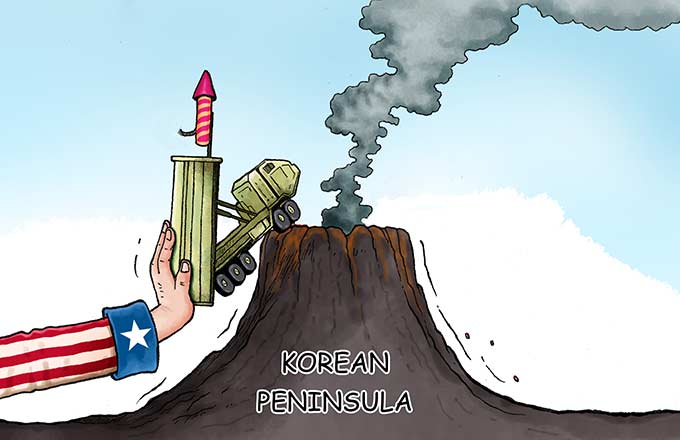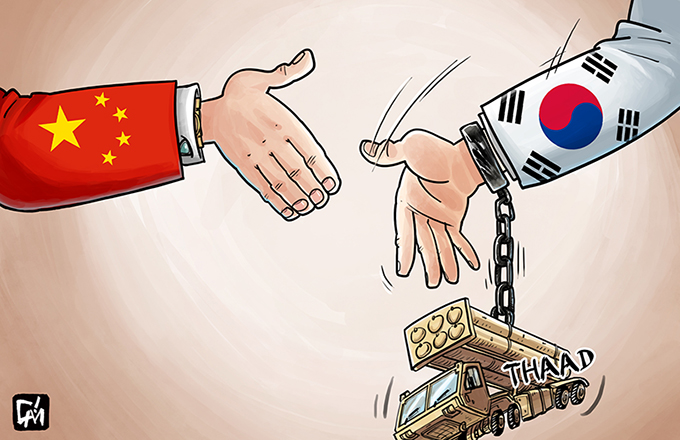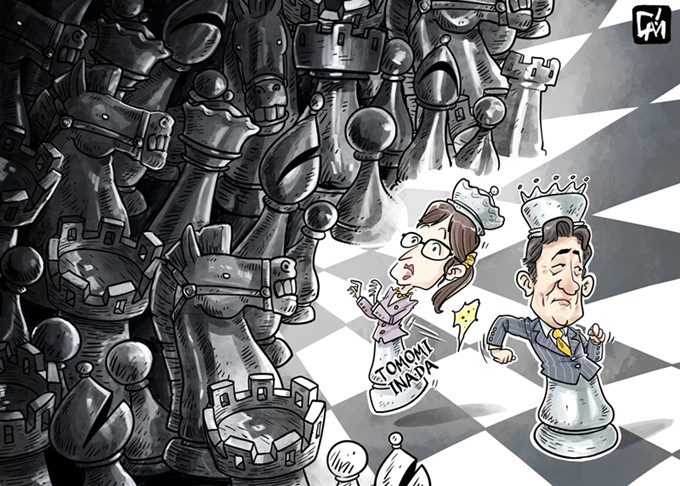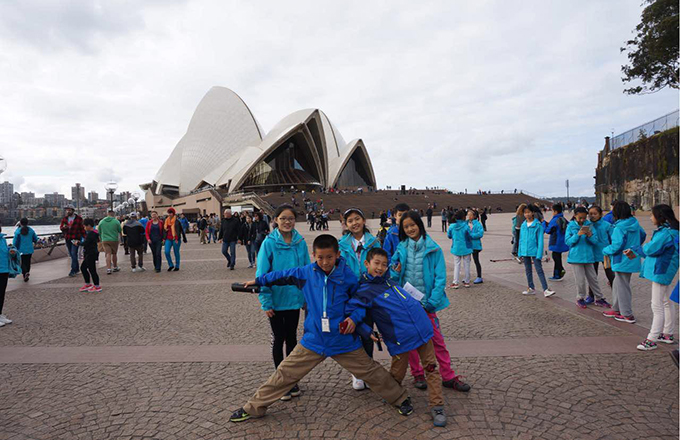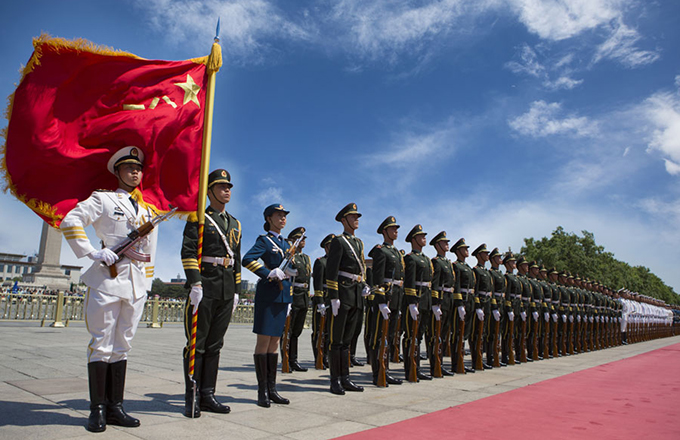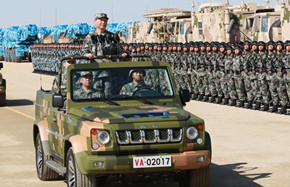Sanctions needed, talks essential
The United Nations' response to latest provocations by the Democratic People's Republic of Korea-its intercontinental ballistic missile launches on July 3 and 27-has been prompt, with the UN Security Council unanimously approving tough, new sanctions on Pyongyang.
UN resolution 2371, with the expected condemnation "in the strongest terms", bans coal and other exports from the DPRK totaling upwards of $1 billion, as well as new joint ventures with the DPRK and additional foreign investment in existing ones.
The sanctions will bite deep. A$1 billion cut in DPRK export revenues means Pyongyang will possibly lose one-third of what it earned last year.
But no matter how tough the sanctions are, on their own they will never be enough to achieve a lasting settlement of the peninsula nuclear issue. Nor will the use of force, as some are proposing, resolve the issue; indeed it will only make the situation worse.
What is needed is for all parties involved to come back to the negotiation table to hammer out a deal that can finally bring peace and stability to the potentially volatile region.
That is why the call in the UN resolution for the long-shelved Six-Party Talks to be restarted should be both lauded and supported by the international community.
Given what has happened in the previous talks involving the DPRK, the Republic of Korea, the United States, Japan, China and Russia, it would be naive to expect the talks once restarted to achieve anything substantial in a short period of time. But it should be borne in mind that it was amid previous dialogues among the six that progress was made on the issue, and it was only since the talks stopped that the situation has threatened to get out of hand.
For the resumption of the Six-Party Talks, China proposes that the DPRK suspend its nuclear and missile program and the United States its military drills, which is the most realistic and reasonable way to decrease tensions and pave the way for all parties to return to the negotiation table.
As Chinese Foreign Minister Wang Yi said, sanctions are not the ultimate purpose but rather a means to bring all the parties concerned back to talks so they can realize the ultimate aim of resolving the peninsula issue for good.




